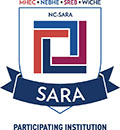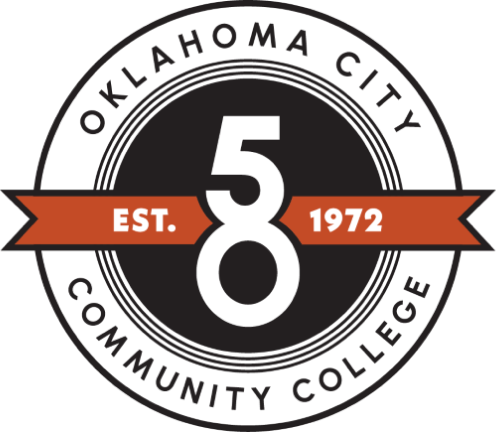Student Accessibility and Support Documentation Guidelines
Student Accessibility and Support
Counseling Services: Call (405) 682-7520 for appointments
7777 South May Avenue
Oklahoma City, OK 73159
Documentation Guidelines
Learning Disability Documentation Guidelines:
Note: Guidelines are to assist Student Accessibility and Support in collaborating with each student to determine appropriate accommodations. Documentation serves as a foundation for appropriate accommodations. Student Accessibility and Support reserves the right to deny services or accommodations while receipt of appropriate documentation is pending. A student's Individualized Educational Plan (IEP) alone is not sufficient documentation.
- Must be completed by a qualified professional. (Qualified professionals include: Licensed psychologist, psychiatrist, neuropsychologist, school psychologist, learning disability specialist).
- Should be prepared on letterhead paper from diagnosing professional (Licensure information and address and phone number need to be included).
- Reasonably Current: All testing needs to be normed for adults and should be within the last 3-5 years.
- Testing instruments: Comprehensive psycho-educational evaluations that include but are not limited to the following test for each category:
Measurements of Aptitude
(a complete intellectual assessment with all subtests and standard scores reported)- Wechsler Adult Intelligence Scale (WAIS-III)
- Woodcock Johnson (III) Part 1 (Tests of cognitive ability )
Academic Achievement
(Current levels of functioning in reading, mathematics and written language are required.)- Weshler Individual Achievement Test (WIAT)
- Woodcock Johnson
- Nelson-Denny Reading test
- Woodcock Reading Mastery Tests revised
Information Processing
(Specific areas of processing, e.g., short /long term memory; sequential memory; auditory/visual perception/processing; and processing speed)- Subtest on WAIS-III
- Woodcock -Johnson Tests of Cognitive Ability
(Brief instruments such as KBIT and the WRAT do not provide adequate information to support postsecondary accommodations)
Specific items to include in the psycho-educational evaluation
- A DSM-IV specific diagnostic summary. It should include a clear statement that a learning disability is present with the rationale for this diagnosis. (Note: individual "learning deficits", learning styles", and "learning differences", do not, in and of themselves, constitute a learning disability).
- A statistical analysis of specific discrepancies if any, identifying how expected performance level was calculated and how actual achievement has been contrasted with expected performance.
- The conclusion needs to explain the current functional impact or limitations of the disability on learning or other major life activity associated with the college learning environment. The report should include interpretation of assessment with sufficient data to support any particular accommodations recommended.
- The diagnostician should rule out any alternative diagnoses or explanations of the functional learning limitations.









